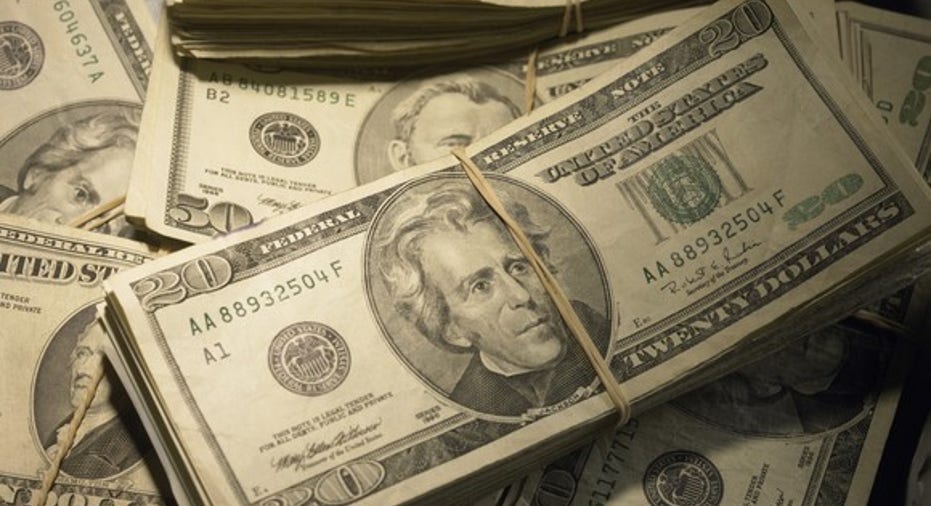What Is a Money Market Fund?

Money market funds are a place to stash your cash. Image source: Getty Images.
Everyone needs a place to put their savings, and money market funds provide an alternative to the bank savings accounts that investors used to use almost exclusively. Money market funds are mutual funds that hold short-term debt securities that provide income in the form of interest payments. These funds are valuable for investors because they are liquid and easily accessible, and they almost never fluctuate in price. This gives investors a low-risk investment with minimal volatility, yet money market funds generate a return -- albeit typically a modest return.
Money market funds vs. bank money market accounts
One key aspect of money market funds is that they are not bank products. However, banks offer a special savings vehicle of their own, known as a money market account or money market savings account, and the similar name confuses many people. Bank money market accounts have different characteristics than money market funds, and the most important distinction is that the money market accounts that banks offer are insured by the FDIC.
By contrast, money market funds aren't FDIC-insured, even if you invest in them through a bank or other financial institution that typically carries such protection. Because of the lack of a federal guarantee, investors should look closely at the investments that a given money market fund owns. Typically, the higher the interest rate that a money market fund offers, the riskier the securities it holds.
Types of money market funds
Money market funds typically fall into four categories depending on the sector of the short-term debt market in which they invest. Treasury money market funds invest exclusively in Treasury bills and other securities issued by the U.S. Treasury. Because these securities are backed by the full faith and credit of the U.S. government, Treasury money market funds are considered to be the safest niche of the money market fund universe, making them suitable for the most risk-averse investors.
Government money market funds include both Treasuries and debt issued by government agencies or government-sponsored enterprises like mortgage specialist Fannie Mae. Agency debt technically isn't backed by the government's full faith and credit, raising some risk of default, but many still see such debt as safer than other types of short-term obligations. These funds make a good middle ground in risk terms for many investors.
General purpose, or prime money market funds, hold short-term corporate debt. They tend to carry higher yields, but they are subject to the default risk of the companies whose securities they own. Investors who want to maximize return will gravitate toward these funds.
Finally, tax-exempt money market funds invest in short-term obligations of state and local governments. Unlike the other types of money market funds, the interest from these funds is generally free of federal income tax, and it's also exempt from state tax in the state that issues the debt. Investors in high tax brackets benefit the most from using these funds.
Money market funds won't make you rich, but they're a good place to put money that you need in the short run. By choosing the right fund for your situation, you can make your savings work as hard as they can for you.
This article is part of The Motley Fool's Knowledge Center, which was created based on the collected wisdom of a fantastic community of investors. We'd love to hear your questions, thoughts, and opinions on the Knowledge Center in general or this page in particular. Your input will help us help the world invest, better! Email us atknowledgecenter@fool.com. Thanks -- and Fool on!
The article What Is a Money Market Fund? originally appeared on Fool.com.
The Motley Fool has no position in any of the stocks mentioned. Try any of our Foolish newsletter services free for 30 days. We Fools may not all hold the same opinions, but we all believe that considering a diverse range of insights makes us better investors. The Motley Fool has a disclosure policy.
Copyright 1995 - 2016 The Motley Fool, LLC. All rights reserved. The Motley Fool has a disclosure policy.



















